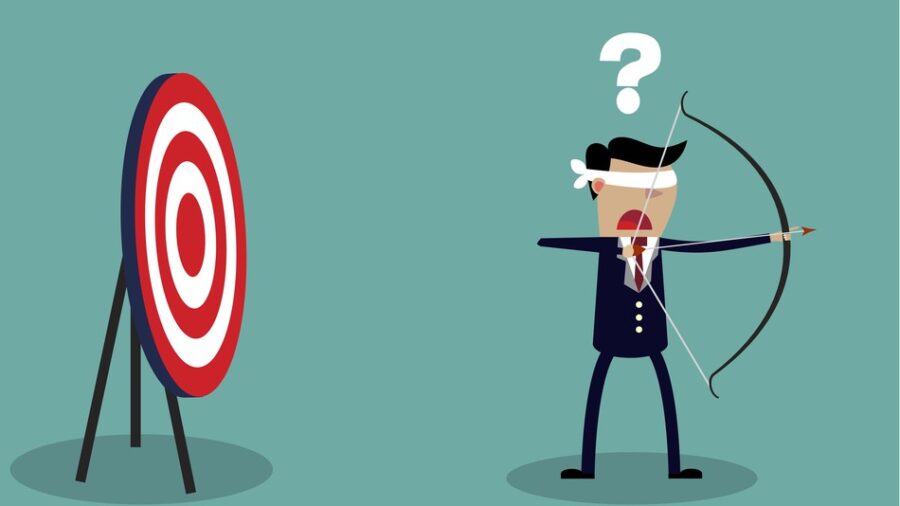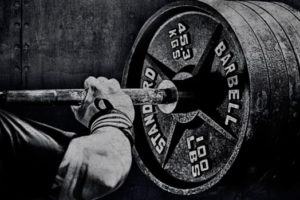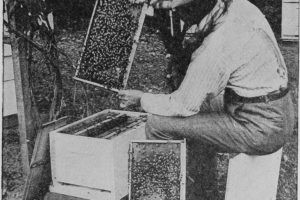Perhaps the most pivotal point in learning how to improve in areas I cared about was learning to love failure. Not loving failure for its own sake, but for the profound influence it had on me. I’ve played sports or competed in some fashion all my life. Competition is in my blood, and I don’t know what I would do if I didn’t have an outlet for it. However, it was incredibly frustrating to lose when I didn’t have the right response. I would blame my losses on something or someone else. Lost a baseball game? It’s because the umpire wouldn’t be able to see the moon crashing into the Earth. Did poorly on a test? Must have been the teacher’s fault for putting too much material on the test. How could I remember so much?
When I started getting into powerlifting I became painfully aware that there was nobody, nothing, left to blame but myself. Then my thinking switched from “X is unfair” to “What do I do to get past this?” I’d had hints of this sort of thinking before, but a sport like powerlifting really drives it home (probably has to do with trying to lift something heavy and failing in front of everyone). This led to me learning how to assess myself in an honest way. What did I really struggle with? Where was I weak? What did I need to change to address my weakness? Who can I ask for help, or where can I look to get the information necessary to improve?
Failing led to humility, humility led to reflection, reflection to contemplation, and contemplation to resolve. I had failed a deadlift at 385lbs. Whatever it took, I was not going to miss that number the next time I attempted it. I wasn’t too upset about it, but I was determined to get better, stronger, and smarter about how I wanted to improve. This led me to asking people who were stronger than me for tips, advice, to check out my form and critique it, and to teach me how I should go about training to get better. I spent hours reading online, devouring strength training textbooks so that I would know the science behind it even a little bit. The result: next time I attempted a new personal record, I lifted 425lbs, then 450lbs, then 465lbs.
Want to get better at anything in your life? Admit your failures are yours. Whether it be sports, academics, or moral failings, take the blame. You can’t do anything about external factors, so focus on what you can have influence over – your own performance. There are pragmatic elements to Scripture’s command for us to be humble and to estimate ourselves honestly (Prov. 3:34; Rom. 12:3).
So go out and fail at something. Take joy in your failures, because it’s in those failures that you will improve.





Leave a Reply
Your email is safe with us.